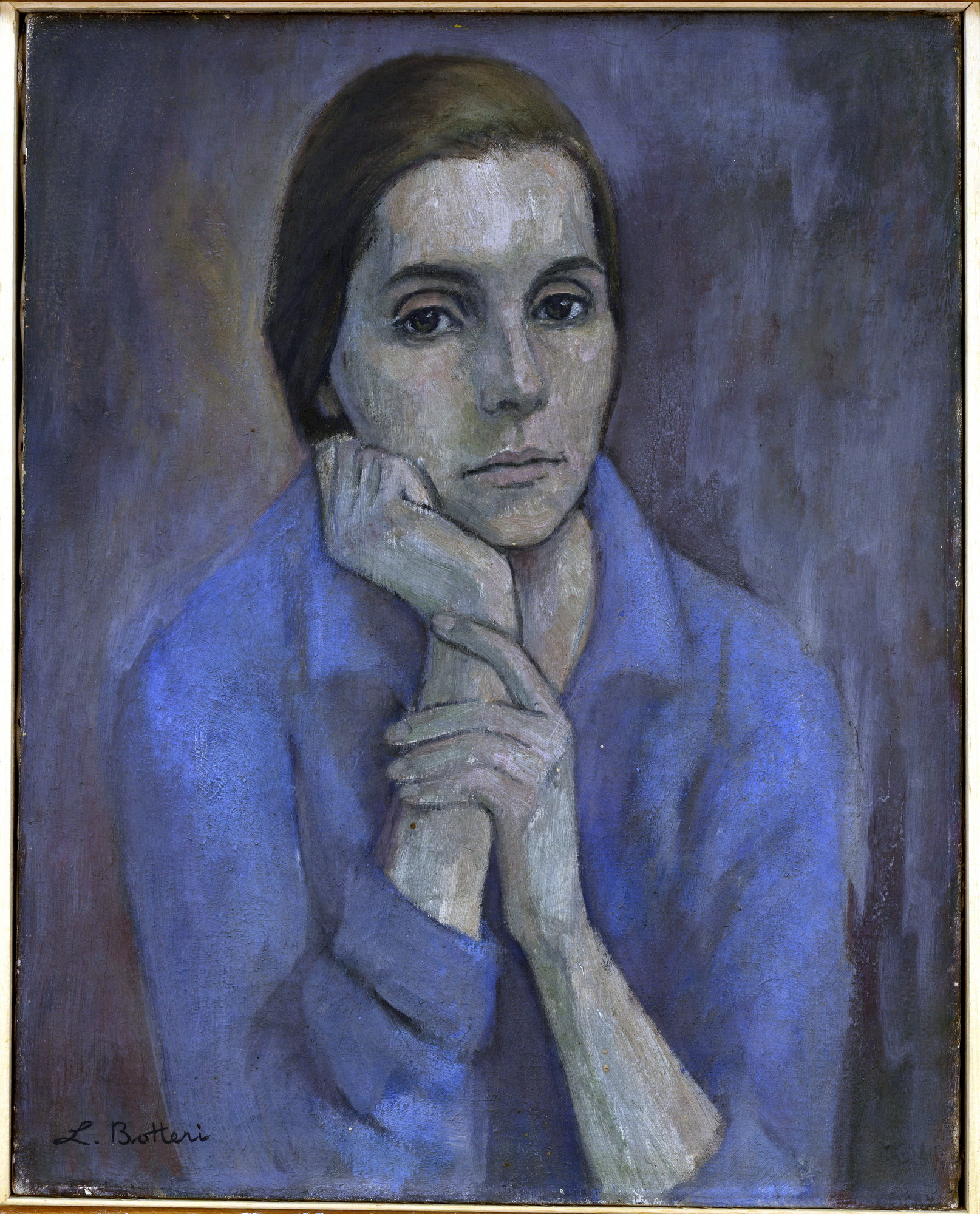EM VÃO, O GALO AVISA QUE É DIA: A ABOLIÇÃO DO TRABALHO E A CARREIRA DO ARTISTA
DOI:
https://doi.org/10.33871/sensorium.2024.11.9554Abstract
Work not only expresses a relationship of concrete domination, based on the exploitation of workers and the extraction of value. Work is also a form of abstract domination, capable of moulding subjectivities and beliefs. At first, the article aims to conceptually locate two types of critical positioning in the face of the refusal to work. On the one hand, certain currents that seek to save and reform labour and, on the other, those that want the complete abolition of the work-form. It then looks at some expressions of the abstract domination of labour, how it specifically conditions the construction of subjects and perceptions of time, desire and progress. Finally, the text closes with some particular considerations about the artist's profession and how the ontological imperative of labour directly affects artistic practice itself in the most recent neoliberal context.
Downloads
Downloads
Published
Issue
Section
License
Copyright (c) 2024 International Interdisciplinary Journal of Visual Arts - Art&Sensorium

This work is licensed under a Creative Commons Attribution 3.0 Unported License.
Authors who publish with this journal agree to the following terms:- Authors retain copyright and grant the journal right of first publication with the work simultaneously licensed under a Creative Commons Attribution License that allows others to share the work with an acknowledgement of the work's authorship and initial publication in this journal.
- Authors are able to enter into separate, additional contractual arrangements for the non-exclusive distribution of the journal's published version of the work (e.g., post it to an institutional repository or publish it in a book), with an acknowledgement of its initial publication in this journal.
- Authors are permitted and encouraged to post their work online (e.g., in institutional repositories or on their website) prior to and during the submission process, as it can lead to productive exchanges, as well as earlier and greater citation of published work (See The Effect of Open Access).





